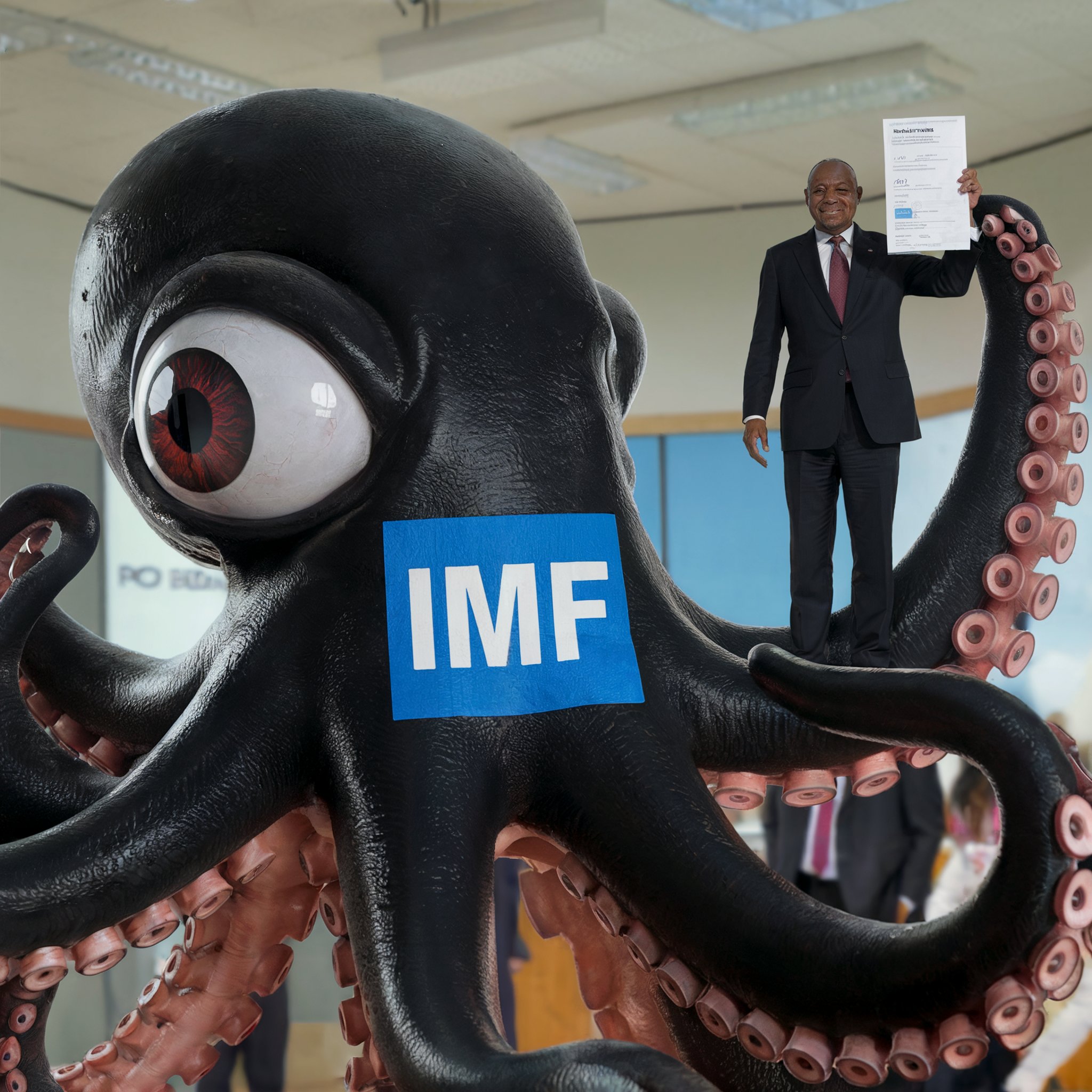In December 2024, Kenya’s National Treasury and Economic Planning decided to bless us with yet another “Draft National Policy on Virtual Assets and Virtual Asset Service Providers.” This document, supposedly all about innovation and regulation, is just a rehash of the old bill, dressed up with a few new buzzwords. They claim it’s to regulate the burgeoning VA sector while aligning with international standards, but let’s be real – they’ve conveniently left out some key players, probably thinking we’re too dumb to notice.
The Policy’s “Highlights”:
Legal and Regulatory Framework: Oh, look, they’re setting up another legal framework! Because the last one worked so well, right? It’s all about international cooperation and consumer safety, but we’ve heard this tune before.
Risk Management: They’re “throwing down strategies” against money laundering and cyber threats. Sure, because those strategies have been super effective in the past.
Market Efficiency: They’re going to make the market “fair, transparent, and efficient.” Sounds like the same old song with a new verse.
Innovation and Literacy: They’re pushing for innovation, but if you believe they’re actually about to educate anyone, I’ve got some virtual land in the metaverse to sell you.
The Omission of Key Players – Because We’re Apparently Idiots:
El Salvador and Central African Republic? Never heard of them, according to this policy. These countries went all-in on Bitcoin, bypassing the usual suspects like the IMF, but our dear policymakers think we won’t catch on to this glaring omission. They probably think we can’t handle the idea of a less constrictive crypto policy.
Implications for Kenya – Or Lack Thereof:
Pan-African Trade: M-Pesa still can’t handle cross-border payments, and this policy does zilch about it. But hey, let’s keep pretending we’re moving forward.
Youth and Innovation: They mention Gen Z but offer nothing new. If they think we’re buying into this repackaged garbage, they’ve clearly never met a Kenyan under 30.
IMF Influence: Aligning with the IMF? More like bending over backwards to keep the funds rolling in, while stifling any real local innovation.
Moving Forward – Or Backward?
Encourage Innovation: By ignoring countries like El Salvador and Central African Republic, they’re doing the opposite. They’re stifling it, thinking we won’t see through their thinly veiled control tactics.
Enhance Regional Cooperation: Yeah, right. This policy does nothing to ease money movement across borders, keeping us stuck in the old ways.
Address Youth Expectations: They think throwing in some buzzwords about dynamism will fool us, but we see right through this outdated, restrictive approach.
In the end, this draft policy is just more of the same, wrapped in new jargon. It’s clear the authors think we’re too dense to see that they’ve left out progressive examples that could genuinely push Kenya forward. The government should really reconsider if this framework is just another way to keep us in check or if they’re actually interested in unlocking the potential of virtual assets. But let’s not hold our breath.

